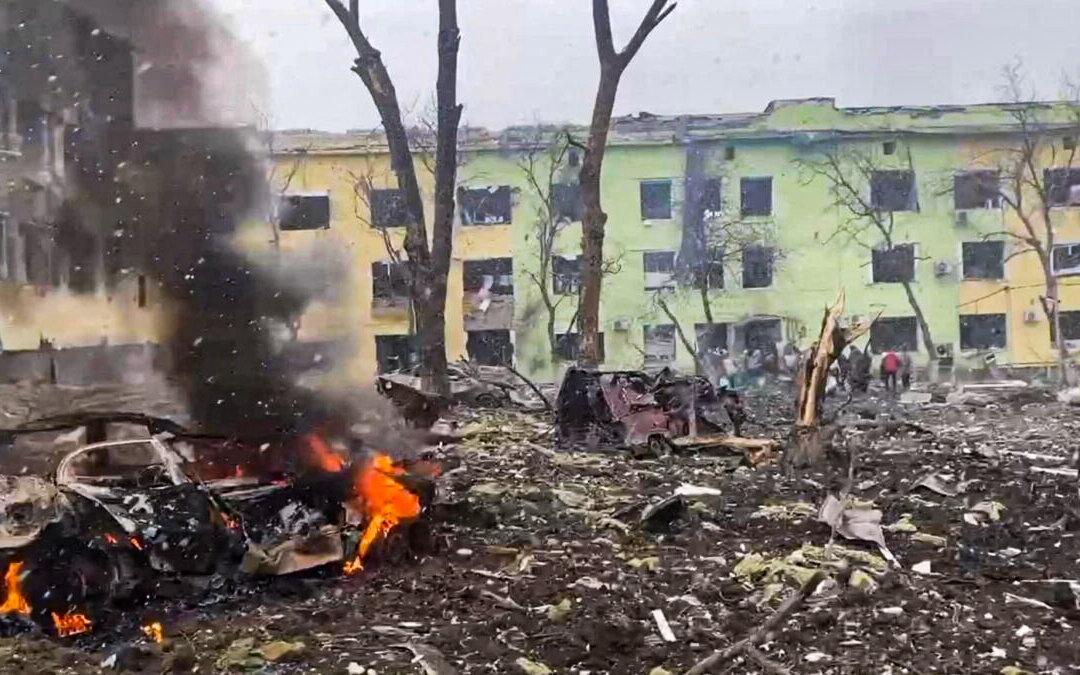Australia’s National Press Club has withdrawn an invitation to the Russian ambassador to speak in response to alleged war crimes and the bombing of civilian targets in Ukraine.
The Press Club, the country’s leading journalist association which regularly engages political, business, and social leaders to speak, said it was withdrawing an invitation sent weeks prior to the Russian Ambassador Alexey Pavlovsky.





